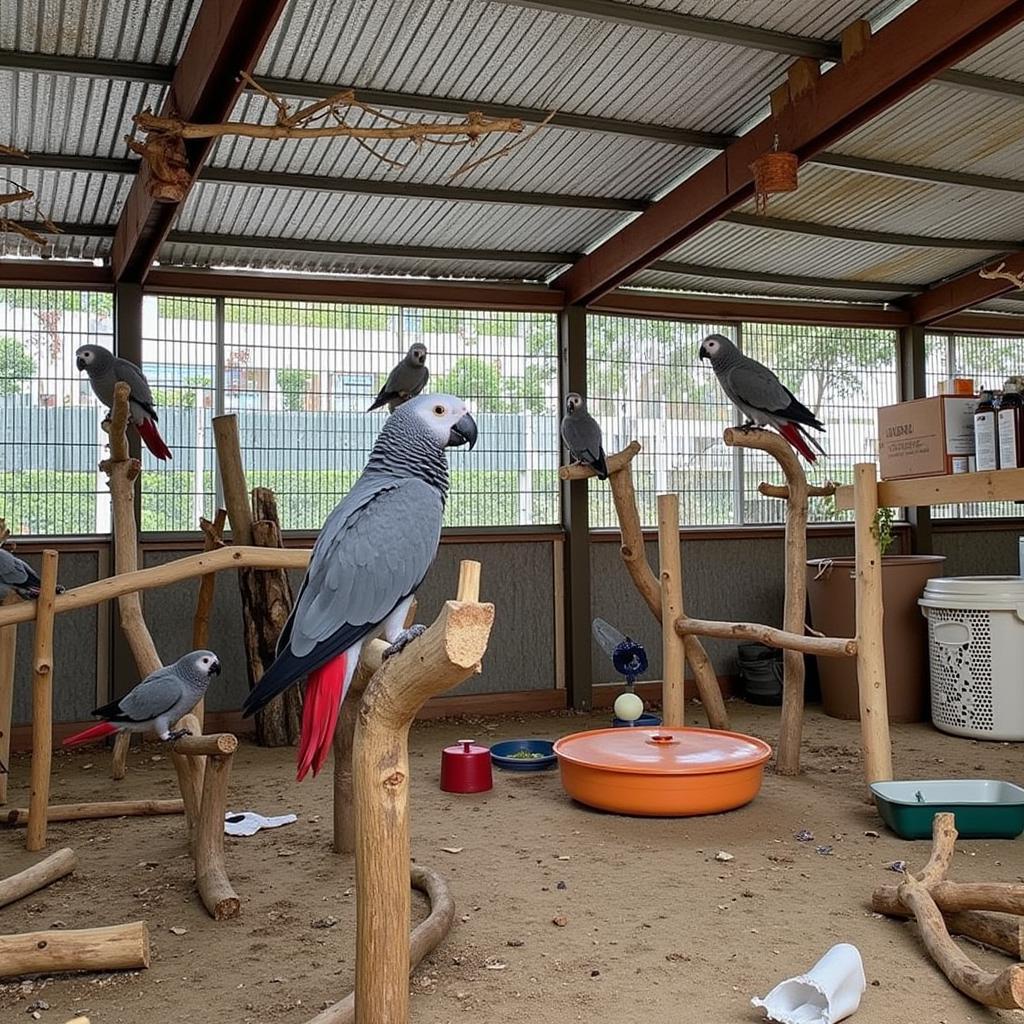Understanding the African Alliance Congress
The African Alliance Congress (AAC) is a relatively new political party in Nigeria, aiming to challenge the established political order. This article delves into the AAC’s history, ideology, and impact on Nigerian politics. We’ll explore its key policies, leadership, and the challenges it faces in the complex political landscape of Nigeria.
The Genesis of the AAC
The AAC was formed in 2018, emerging from a desire for alternative political representation in Nigeria. Driven by a belief in social justice and equitable distribution of resources, the party sought to address the socio-economic challenges plaguing the nation. The party’s founders envisioned a Nigeria where the needs of the common citizen are prioritized over the interests of the elite.
What are the core values of the AAC? The party’s foundation rests upon principles of socialism, pan-Africanism, and participatory democracy. The AAC advocates for a significant restructuring of the Nigerian economy, emphasizing public ownership of key resources and social welfare programs. This commitment aligns with their belief in creating a more just and equitable society. You can find more information about the pan african meaning.
AAC’s Key Policies and Objectives
The AAC’s platform focuses on a range of issues, including job creation, education reform, healthcare access, and infrastructure development. The party proposes bold policies aimed at tackling corruption and promoting transparency in government. They advocate for free education at all levels and universal healthcare coverage. The AAC’s economic policy centers around nationalizing key industries to ensure equitable resource distribution. For more insight into the political landscape, you can explore information on south african politics.
Navigating the Nigerian Political Terrain
The AAC faces considerable challenges in navigating the Nigerian political landscape. Competing against established parties with extensive resources and influence, the AAC strives to gain traction and mobilize support, particularly among younger voters.
“The AAC offers a fresh perspective in Nigerian politics,” states Dr. Emeka Obiora, a political analyst based in Lagos. “Their progressive agenda resonates with many citizens disillusioned with the status quo.”
What is the AAC’s approach to tackling corruption?
The AAC proposes implementing stringent anti-corruption measures, including strengthening regulatory bodies and enhancing transparency in government operations.
How does the AAC plan to address unemployment?
The AAC’s strategy for job creation focuses on investing in infrastructure development, promoting small and medium-sized enterprises, and providing vocational training programs.
The AAC and the Future of Nigerian Politics
The African Alliance Congress represents a burgeoning political force in Nigeria. While facing significant obstacles, the party’s commitment to social justice and economic equality continues to attract attention. Their success in future elections will depend on their ability to mobilize support and effectively communicate their message to the Nigerian electorate. They could potentially form alliances with other political parties like the african democratic congress.
“The AAC’s focus on youth empowerment and social justice positions them well to connect with a new generation of voters,” observes Professor Adaora Uche, a sociologist at the University of Ibadan.
Conclusion
The African Alliance Congress presents an alternative voice in Nigerian politics, championing social justice and economic equality. The party’s future trajectory will depend on its ability to navigate the complex political landscape and resonate with the Nigerian electorate. Their continued growth could significantly impact the future of Nigerian politics.
FAQ
- When was the AAC founded? (2018)
- What are the AAC’s core ideologies? (Socialism, Pan-Africanism, Participatory Democracy)
- Who is the current leader of the AAC? (This requires up-to-date information)
- What are the AAC’s key policy areas? (Job creation, education reform, healthcare access, infrastructure development)
- How does the AAC plan to fund its proposed programs? (This requires further research into their specific proposals)
- What are the main challenges facing the AAC? (Competition from established parties, limited resources)
- What is the AAC’s stance on foreign policy? (This requires further research into their specific proposals)
Need More Information?
For further assistance or information, please contact us:
Phone: +255768904061
Email: kaka.mag@gmail.com
Address: Mbarali DC Mawindi, Kangaga, Tanzania
We have a 24/7 customer service team available to assist you.


